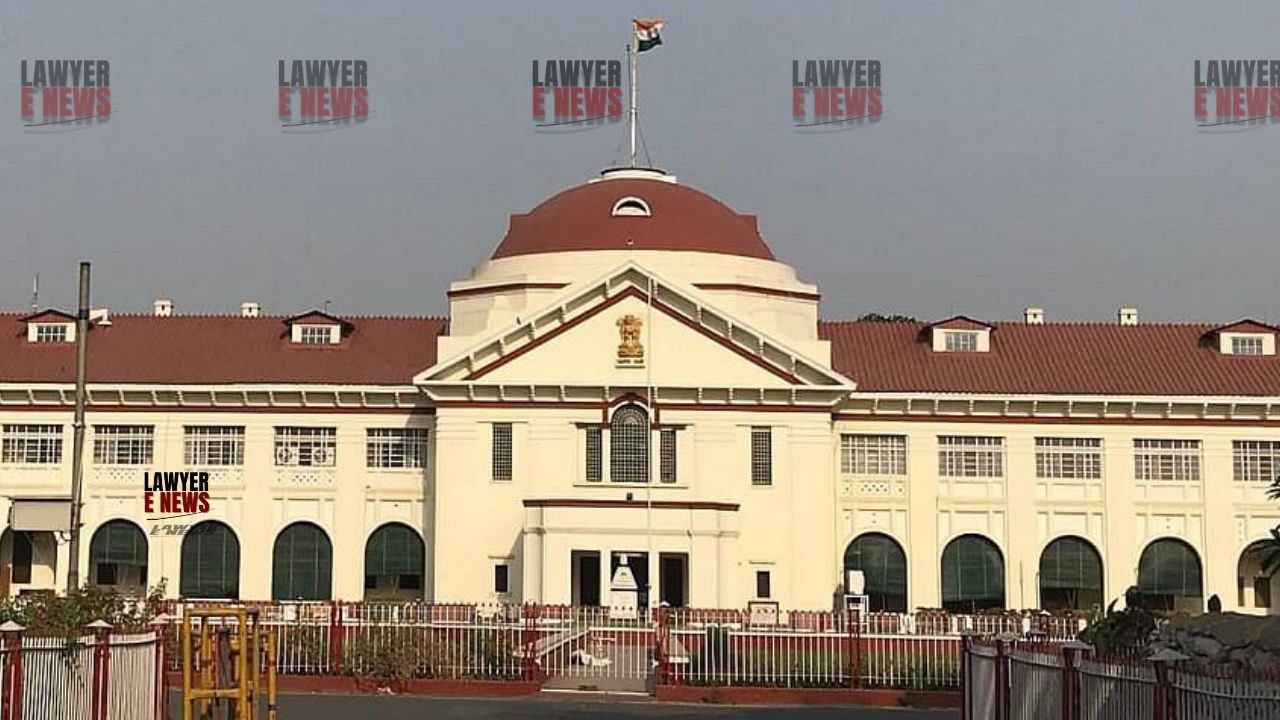-
by Admin
15 February 2026 5:35 AM



The Patna High Court has overturned the conviction of Jaykant Kumar Singh, who was sentenced under Section 376 of the Indian Penal Code (IPC) and Section 6 of the Protection of Children from Sexual Offences (POCSO) Act. The judgment, delivered by a division bench of Justices Ashutosh Kumar and Jitendra Kumar, highlighted the inconsistencies in the victim’s testimony and the prosecution’s failure to conclusively prove the victim’s age.
The appellant, Jaykant Kumar Singh, was accused of impregnating a 14-year-old girl, leading to her delivering a child. The victim alleged that the appellant had been coercing her into sexual intercourse for six months under the promise of marriage. The accusation was formally made in a written report by the victim on June 14, 2016, leading to the registration of the case under multiple sections of the IPC and POCSO Act.
The court observed significant inconsistencies in the victim’s testimony. Initially, the victim claimed that the appellant had raped her and promised to marry her, which he later reneged on. However, during the trial, both the victim and her mother retracted their statements, asserting that the allegations were made under the influence of co-villagers to pressure the appellant into marriage.
“The victim and her mother do not appear to be sterling witnesses, especially in view of their turning around and giving a clean chit to the appellant, even though the victim, at the time of trial, had already delivered a child,” the bench noted. The judgment further highlighted that the prosecution failed to prove the victim’s age conclusively, which is crucial in determining the applicability of the POCSO Act.
The court found the testimonies of the victim and her mother to be unreliable. The victim, during cross-examination, admitted that the appellant’s name was suggested by others in the village and that he had not raped her. Similarly, her mother corroborated this new narrative, stating that the appellant’s name was included under duress from the villagers.
The High Court emphasized the importance of credible evidence in securing a conviction. It stated that while the initial testimonies suggested a strong case against the appellant, the subsequent retractions and lack of medical corroboration weakened the prosecution’s case significantly. The court also pointed out that the prosecution did not sufficiently prove that the victim was a minor at the time of the incident, which is a critical element for charges under the POCSO Act.
The Patna High Court’s decision to acquit Jaykant Kumar Singh underscores the judiciary’s responsibility to ensure convictions are based on reliable and consistent evidence. The judgment reflects a meticulous evaluation of testimonies and evidence, highlighting the necessity for the prosecution to meet the burden of proof in criminal cases, especially those involving severe allegations like sexual offences.
Date of Decision: August 1, 2024
Jaykant Kumar Singh @ Jaykant Kumar Singh vs. The State of Bihar
